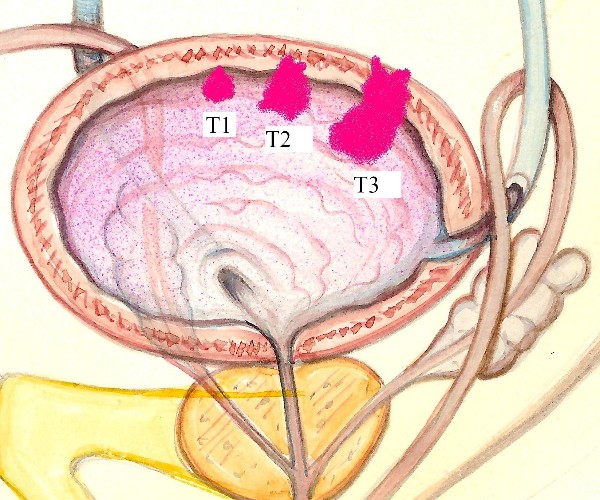The vast majority of people who are infected with
cytomegalovirus
(CMV) have no symptoms.
When a pregnant woman becomes infected with CMV, the infection can be can be transmitted to the baby in the womb.
In this case we are talking about congenital CMV infection, a disease that can cause birth defects and other health problems.
Pregnant women should be careful about infection, as they in turn may transmit CMV to their unborn child.
In cases where a woman has contracted cytomegalovirus during pregnancy, the virus present in the blood can pass through the placenta and reach the developing baby.
The chances of transmission of CMV to the fetus are already high
in the case of a first infection in pregnancy, but may become considerable in the case of a subsequent infection during the pregnancy period.
Laboratory tests for CMV during pregnancy are not always practiced, but on the other hand, a specific time of the eventual transmission of the virus from mother to child cannot be predicted, which is why tests for CMV are not regularly performed.
So, rely at least on prevention to reduce the risk of infection by reducing contact with the saliva and urine of infants and children, which have high concentrations of the virus.
Therefore, avoid mouth-to-mouth food passing between children by avoiding sharing food and dishes, and use regular hygiene rules to avoid infection.
It is advisable for women who intend to have children to practice a laboratory test for CMV before conception occurs, because if the test reveals a negative GI assay, this indicates that the virus is not present in the blood.
After conception and during pregnancy, the pregnant woman will only need to follow the virus prevention rules during the months of pregnancy.




































































































